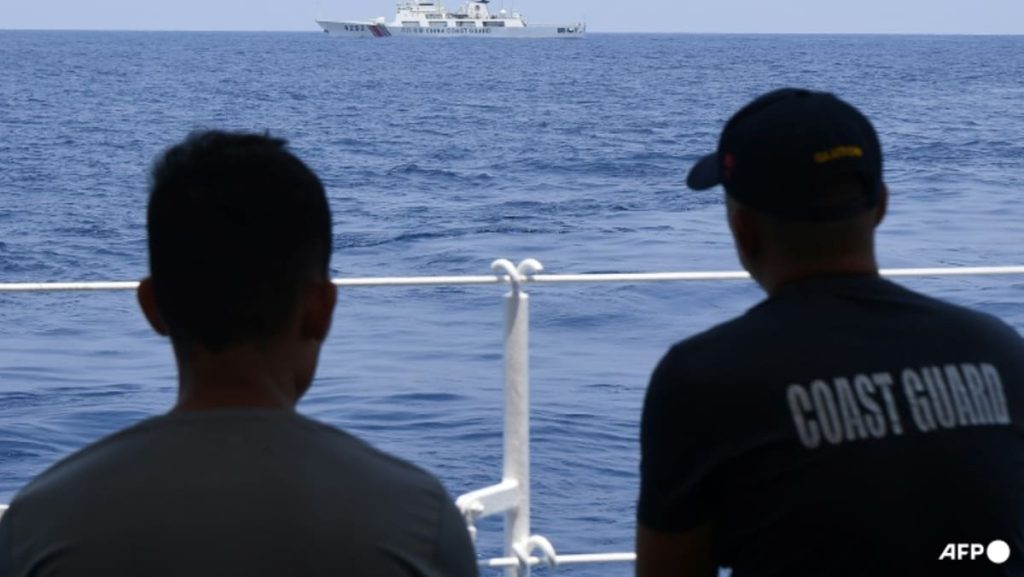the group. The Chinese Embassy in Manila did not respond to a request for comment on the incident.While the mission did not reach its intended destination, it still drew attention to the ongoing territorial disputes in the South China Sea. Scarborough Shoal, also known as Huangyan Island in China, has been a source of tension between the Philippines and China for years. China claims almost the entire South China Sea, including the shoal, while the Philippines, Vietnam, Malaysia, Brunei, and Taiwan have competing claims.It is important to note that the Philippines’ move to send a civilian group to assert its sovereignty over Scarborough Shoal is a significant development in the region. In recent years, China has been increasing its military presence in the South China Sea, leading to concerns among neighboring countries about its expanding influence.
The Philippines has taken legal action against China over its territorial claims in the South China Sea, with an international tribunal ruling in favor of the Philippines in 2016. Despite this ruling, China has continued to assert its claims in the region through military means. The Philippine government’s decision to send a civilian group to Scarborough Shoal is seen as a way to assert its sovereignty in the face of China’s growing assertiveness in the region.While the mission may have been labeled a “publicity stunt” by some, it serves as a reminder of the importance of upholding international law and the rights of smaller nations in territorial disputes. The Philippines’ actions also highlight the need for greater cooperation among countries in the region to address maritime security challenges and prevent escalations of tensions.
The situation in the South China Sea remains complex and contentious, with various countries vying for control of disputed territories. The presence of Chinese vessels near Scarborough Shoal is just one example of the ongoing disputes in the region. The Philippine government’s decision to send a civilian group to assert its sovereignty over the shoal is a bold move that challenges China’s claims in the region. It is unclear what the long-term implications of this mission will be, but it has certainly raised awareness of the issues at hand.
The Philippines is not alone in its efforts to assert its rights in the South China Sea. Vietnam, Malaysia, Brunei, and Taiwan also have competing claims in the region, and they have all taken steps to defend their interests. The presence of Chinese vessels near Scarborough Shoal is a reminder of the need for continued vigilance and cooperation among these countries to ensure maritime security and uphold international law. The mission may not have achieved its intended goal, but it has succeeded in drawing attention to the ongoing disputes in the South China Sea.
As tensions continue to simmer in the South China Sea, it is crucial for countries in the region to work together to address maritime security challenges and prevent potential conflicts. The presence of Chinese vessels near Scarborough Shoal highlights the need for a coordinated approach to uphold international law and prevent further escalation of tensions. The Philippines’ decision to send a civilian group to the shoal is a bold move that underscores the importance of defending its sovereignty and rights in the face of China’s assertiveness in the region. While the mission may have been labeled a “publicity stunt” by some, it has sparked a conversation about the ongoing territorial disputes in the South China Sea and the need for greater cooperation among countries in the region.















